Trusts & Estate Planning
Introduction
Strategic roadmapping for the past, present and future
When most people hear the term “estate planning,” they may picture an extremely affluent person divvying up their vast fortune. However, estate planning is not a tool reserved solely for the top 1%. In reality, every adult, regardless of net worth, can benefit from having an estate plan in place.
Estate planning is a crucial tool for anyone who wants to deliberately manage their “castle” — everything they’ve spent a lifetime building. It’s about maintaining control, not just over assets, but over your legacy.
A well-crafted estate plan makes sure that your wishes are carried out, protects your loved ones, and can even offer benefits throughout your lifetime.
Definition
What is estate planning?
An estate plan is a collection of documents that specify how you want your assets managed during your lifetime and distributed after your death or incapacitation. It’s a roadmap that details your wishes and helps to minimize taxes, legal fees, and potential family disputes.
At its core, estate planning involves:
- Qualitatively: assessing how you want your estate managed during your life and after death
- Quantitatively: determining the tools and strategies needed to achieve those goals while optimizing tax efficiency
Key Estate Planning Terms

Will
A legal document that states how you want your assets distributed after death and who will be guardian(s) of your minor children.
Trust
A fiduciary arrangement where a trustee holds assets on behalf of beneficiaries. Trusts can help avoid probate and provide more control over asset distribution.
Executor
The person named in your will to carry out your wishes and manage your estate after death.
Trustee
The person or entity responsible for managing the assets placed in a trust per your stipulations.
Power of Attorney (POA)
A document giving someone else the authority to act on your behalf for financial or legal matters.
Healthcare Proxy (HCP)
Someone you appoint to make medical decisions for you if you’re incapacitated.
Value
The Importance of Planning
Many assume estate planning isn’t necessary if they’re not ultra-wealthy. But without a plan in place, your family could face:
- A complex, stressful probate process while grieving
- Assets not distributed according to your wishes
- Unnecessary loss to taxes and legal fees
A well-crafted estate plan ensures your exact intentions are carried out and protects loved ones from additional stressors.
Estate Planning 101


Plan for incapacity
Estate planning isn’t just about death — it’s also important to have a plan in place for potential incapacity. This typically involves:
- Healthcare power of attorney or proxy: This appoints someone to make medical decisions on your behalf if you’re unable.
- Durable power of attorney: This allows someone to manage your financial affairs if you’re incapacitated.
Get organized
For your estate plan to work, your representative needs to be able to locate and access key information. Consider creating a secure physical or digital archive with:
- Estate planning documents
- Financial account information
- Insurance policies
- Property deeds and vehicle titles
- Digital account login credentials
Decide who gets what
This is often the most challenging part of estate planning. As you think about asset distribution, ask yourself questions like:
- What happens if my spouse passes before me?
- Are my children mature enough to handle a sudden windfall?
- What charitable organizations do I want to support? You may want to consider tools like Charitable Remainder Trusts (CRTs) and Donor-Advised Funds (DAFs).
- What are the tax implications for my heirs and how can I minimize that burden? You’ll want to understand annual/lifetime gifting and generation-skipping transfer taxes
- Do I want to allocate specific possessions or focus on monetary value?
- Do I have a beneficiary who could lose government benefits if they inherit outright?
Know the tactical requirements; lean on specialists as necessary
With your broad wishes established, it’s time to get tactical:
- Account titling: Ensure bank or brokerage accounts are titled properly (joint tenancy with right of survivorship (JTWROS), payable on death accounts (POD), etc.)
- Beneficiary designations: Keep retirement account and insurance beneficiaries current and aligned with the estate plan(s)
- Communicate: Ensure frequent communication between your T&E attorney, financial planner and other specialists
- Legacy: Consider preserving intangible assets like photos, thoughts, and memories.
- Review regularly: Revisit your estate plan after major life events or every 3-5 years.
Takeaways
Considerations for High-Net Worth Individuals (HNWI)
For those with sizeable estates, additional planning is often necessary. Some key considerations:
Estate taxes
As of 2025, estates over $13.99 million (single) or $27.98 million (married) could be subject to federal estate taxes of up to 40%. Additionally, many states levy their own estate or inheritance taxes. Strategies like irrevocable life insurance trusts (ILITs), spousal lifetime access trusts (SLATs), and dynasty trusts can help mitigate this burden.
Succession planning
If you own a business, succession planning is critical. Start thinking early about whether you want to sell the business, pass it to family members, or transition it to employees. Each path requires significant advanced planning to execute effectively.
Some key steps:
- Valuate the business: Work with a professional to understand what your company is worth.
- Create a buy-sell agreement: This contract outlines what happens to ownership interests after a triggering event like retirement, disability, or death.
- Develop a transition plan: Create a strategy for ownership and management transfer.
- Communicate with stakeholders: Discuss your plan with family, employees, and clients.
- Integrate with estate plan: Ensure your business transition aligns with your broader estate goals.
Pro Tips
Collaborating with Professionals
Estate planning is a complex field with significant legal and tax implications. While you can (and should) educate yourself, proper planning demands nuanced legal understanding. Even a small misstep can throw your entire plan into jeopardy, causing additional pain during an already difficult time.
That’s why it’s so important to work with experienced estate planning attorneys and certified financial planners (CFP®) who understand your unique situation. This is especially true for specialists and small business owners who may have added complexity.
Takeaways
Bottom Line: Future Security
The greatest benefit of estate planning is peace of mind. It allows you to shape your own legacy, protect your loved ones, and ensure that what you’ve worked so hard to build is handled according to your wishes. And by utilizing tools like living trusts, you can start to see some of those benefits during your lifetime.
No matter your net worth, age, or family situation, if you haven’t started the estate planning journey, now is the time. Your current (and future) self, and your loved ones, will thank you for it.

